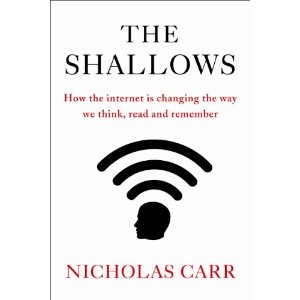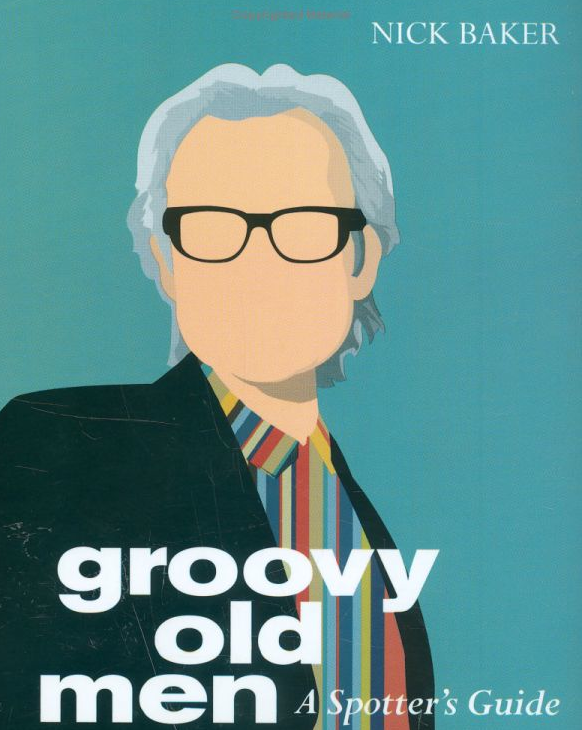I forgot to say something. If you live around Oxford you simply must attend the Creation Theatre Company’s production of Doctor Faustus – amongst the books in Blackwell’s Bookshop (4 Feb-24 March). There’s also a panel discussion in the philosophy department on Feb 1. Bookshops and libraries (and maybe even pubs) take note – this is exactly the type of thing you should be doing.
Another thought. I mentioned the future of work event that I attended yesterday. As always the best bit was the Q&A. Two important points. First, before we talk about the future of work we should define what we mean by work. Why do we work? What’s work for? Clearly the answer isn’t simply “money.” Personally I think that cutting jobs to save money is shortsighted because work has social benefits at both an individual and collective level. Therefore, you may save money in the short term but end up creating bigger and more expensive problems due to the long-term social harm unemployment creates.
The second thought was that it’s all too easy to fall into the trap of only thinking about a small slice of society when you discuss the future of work. Most people don’t work in the knowledge economy and very few read Fast Company, Wired magazine and the Harvard Business Review. Therefore, whilst discussions about fluid, networked corporations and digital nomads are true they are irrelevant for the person stacking the supermarket shelves, working on a production line or fixing the road. What does the future of work look like for these people?




